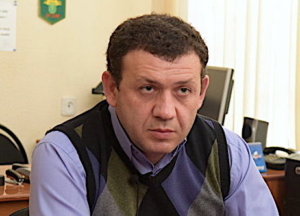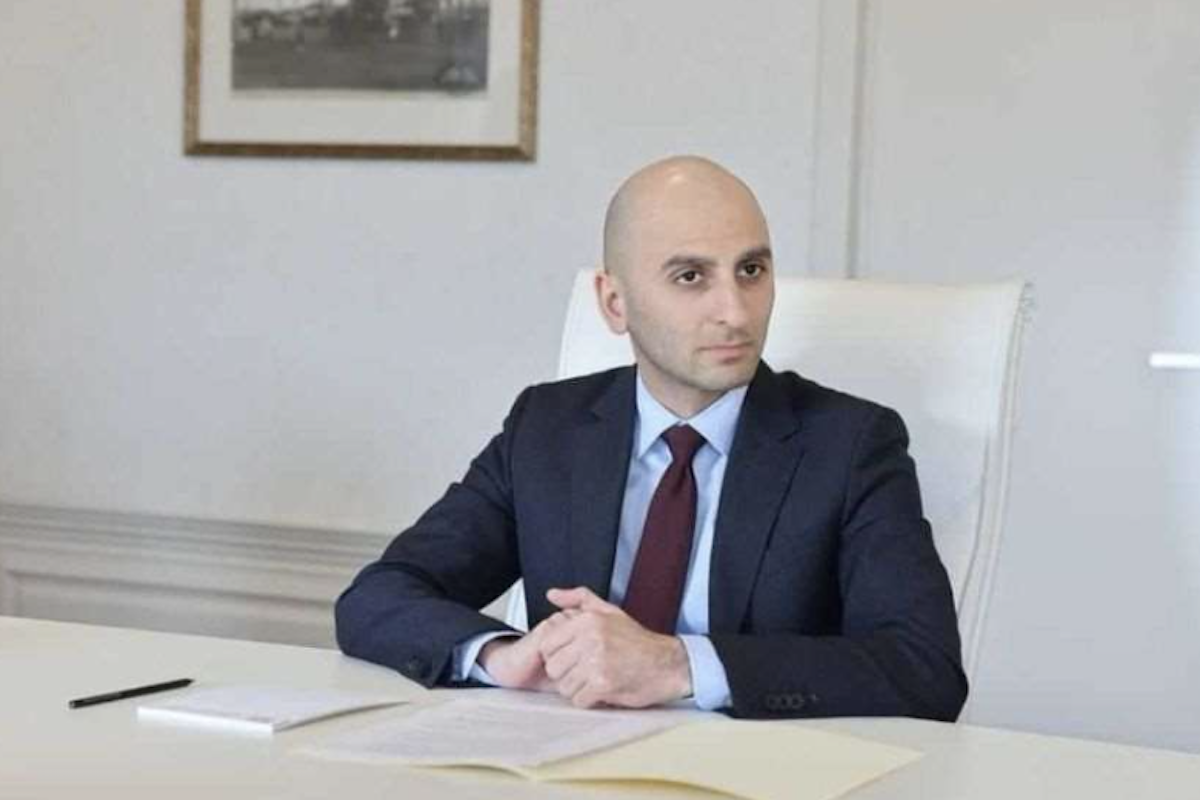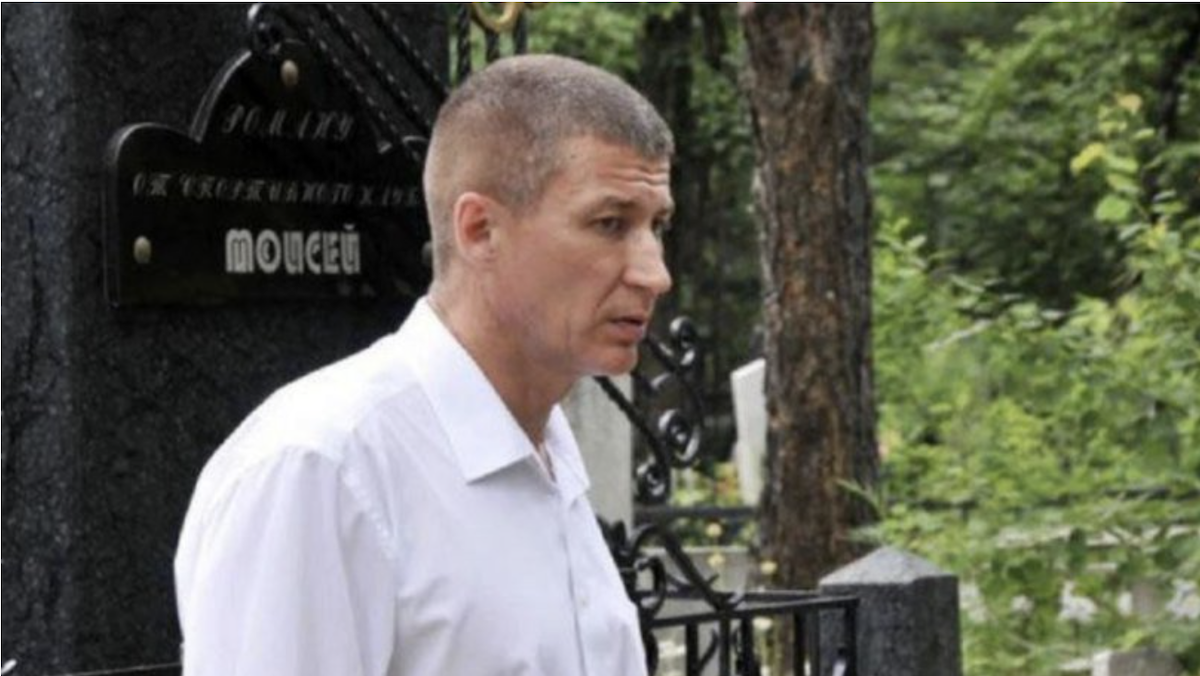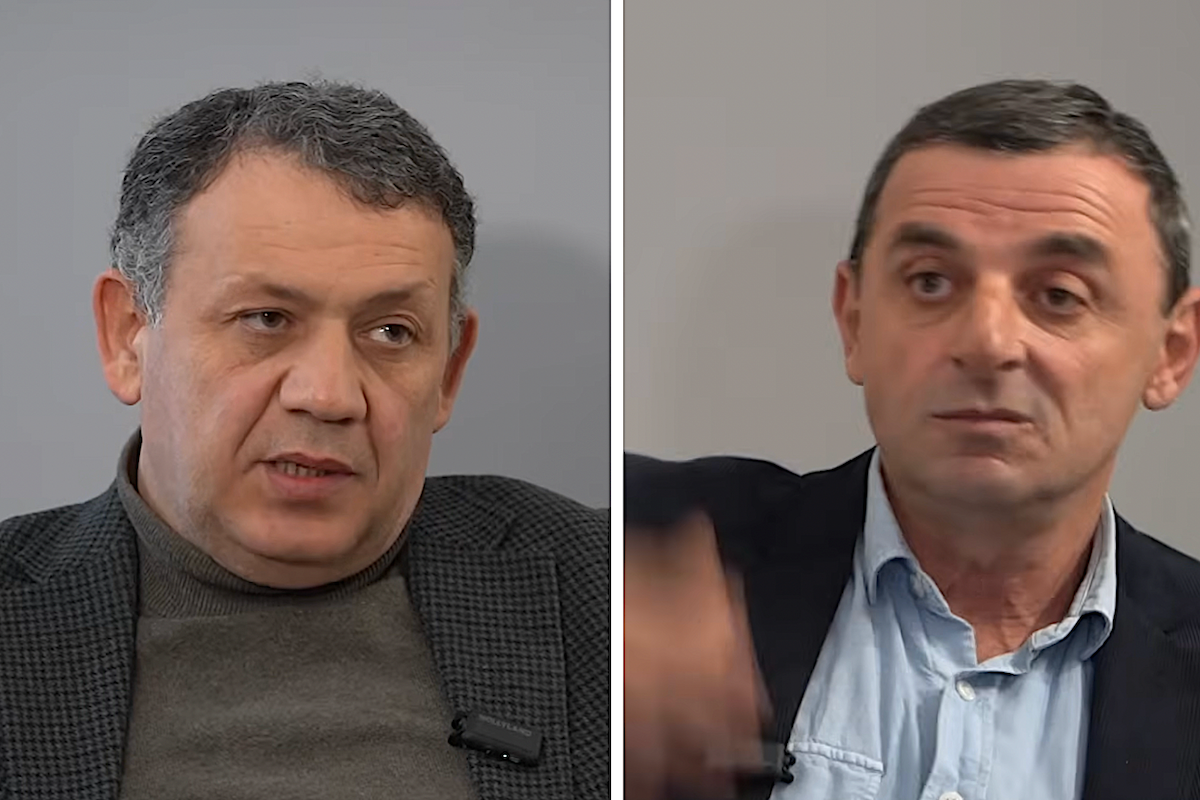Op-Ed: why it’s become difficult to export goods from Abkhazia to Russia
Abkhaz trucks face difficulties importing tangerines into Russia. On the Russian-Abkhaz border, heavy trucks with citrus fruits stand in line for several days to leave Abkhazia. The reason behind this is tightened control measures by Russian customs.
The well-known Abkhaz politician and blogger Tengiz Jopua reflects on the problem and its causes:

The border issue arose “unexpectedly” after a “structural reform of the Rostov customs department of the Federal Customs Service of Russia.” In fact, nothing special has happened there – the Adler checkpoint was reassigned to the Krasnodar customs department, and as a result they altered the code of the customs authority and had to rewrite a pointless bunch of papers.
Before delving into the problem and its causes, I’d like to pose a question – where did the Treaty on Alliance and Strategic Partnership between Abkhazia and Russia go?
What happened to the provisions on duty-free import of goods from Abkhazia into the territory of the Russian Federation?
- Op-Ed: Abkhazia needs Russian money, but it might come at a high cost
- Former Abkhaz VP: ‘Abkhazia must join Union State of Russia and Belarus’
- Abkhazia: pensioners suffering after pensions move from ATMs to banks due to fraud cases
And how about the “special customs department”, of which both the previous and current authorities couldn’t boast enough?
The situation at the border is a lesson for those who, since 2015, without hesitation, have signed agreement after agreement regulating the trade and political regime with Russia, and, obsessively argued the vital necessity of these papers for the good of the people.
Meanwhile, all these years the cost of moving tangerines through the Psou customs post and the Adler checkpoint has been no less than twelve rubles [about 16 cents] per kilogram. People had to pay as if there were no agreements.
Now as for the current problem. What is the current government doing? It requires that the cost of “pushers” [informal assistants who help resolve issues of transporting goods across the border] for hauling a load of citrus fruits be reduced to six rubles [about 8 cents]. In reality, it was lowered to eight, but it became “unexpectedly” difficult for the product to cross the border. It will continue to be difficult to cross until the amount is back to twelve rubles.
I remember that the former President of Abkhazia Khajimba also wanted to remove the “pushers” from the border in 2015, but the government turned out to be so weak, and the shadow sector was so strong that nothing came of it. Nothing will come of it now either. We only make it unnecessarily difficult for the people.
Our own country dwells in corruption, and we want Russia to act differently?
The semi-legal scheme of movement is costly for the country’s agricultural sector, but it made it possible to overcome complex bureaucratic obstacles and deliver the goods to the consumer. Without this “scheme” you will be sent “on white” [i.e. observing all formalities], and that path is long and painful. Everyone knows about it, but no one is interested in doing it.
This Ministry of Economics should knock the doors off in Moscow, in the government, in the customs service, in Rospotrebnadzor [federal service responsible for the supervision of product quality in Russia] and demand simplified forms of control. After all, the current situation on the border clearly doesn’t correspond with the formal trade and political regime between our countries. But the government doesn’t carry tangerines across the border, so why would they care?
Before undertaking anything, you need to understand what you are dealing with, assess your capabilities and come up with a mechanism which will protect the interests of your citizens. Otherwise, it will be just populism, which only has a short-term political effect, because in the long term the damage of rash decisions will bring about political losses.



















